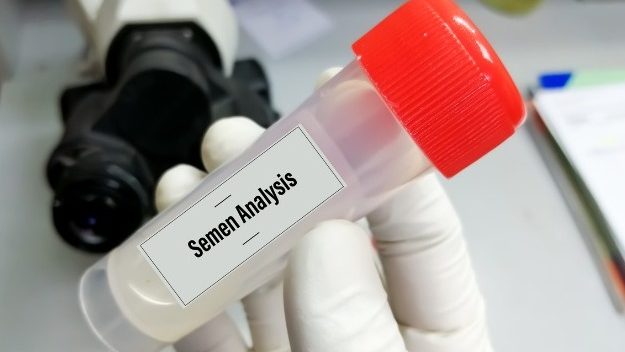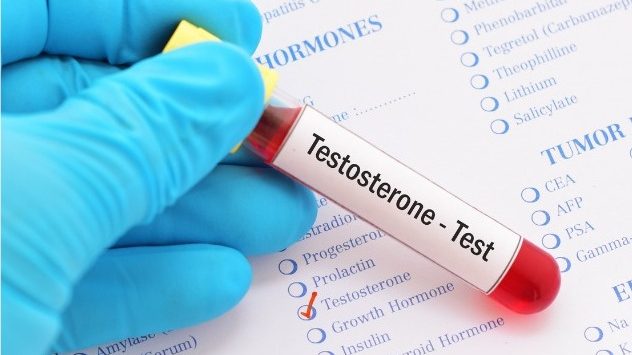Basic Testing for Males Part 2
In Part 1 of Fertility Testing we looked at female basic testing, now in part 2 we are going to take a look at male testing
1. Semen Analysis: The Vital Snapshot of Sperm Health

Semen analysis is a foundational male test that assesses crucial sperm parameters, including sperm count, motility, morphology, and volume. It provides essential information about the overall health of sperm, their ability to swim and fertilize an egg, and the quantity produced during ejaculation. One thing most people are not aware of is that it is recommended to have at least TWO semen analyses carried out at least 3 months apart, due to the effect that varied lifestyle factors can have on the quality of a sample.
2. Physical Examination:
If the semen analysis shows up a very low sperm count, or even absent sperm, a thorough physical examination is recommended. This can reveal anatomical issues such as blockages or a varicocele (enlarged veins in the testicles), which may impair sperm production and quality. Addressing these structural problems can significantly improve fertility.
3. Hormone Profile: Balancing Male Hormones

Again, if the semen analysis came back with a really low concentration of sperm, it is advised to investigate hormones like testosterone, luteinizing hormone (LH), follicle-stimulating hormone (FSH), sex hormone binding globulin (SHBG), and prolactin as they can play pivotal roles in male fertility. An imbalanced hormonal profile can affect sperm production and quality, making this test essential for diagnosing and addressing hormonal issues.
4. Karyotype Chromosome testing
If someone is not producing sperm, it may be due to a genetic factor such as an extra Y chromosome, amongst other reasons. By carrying out a karyotype, it is possible to check that the correct number and size of chromosomes are present.
Sexually transmitted infections (STI): Check because, if present, these can impact fertility in a number of ways. This is essential for both male and female.
In part 3, we take a look at just some of the more advanced testing beyond male test and female test standalone.





0 Comments